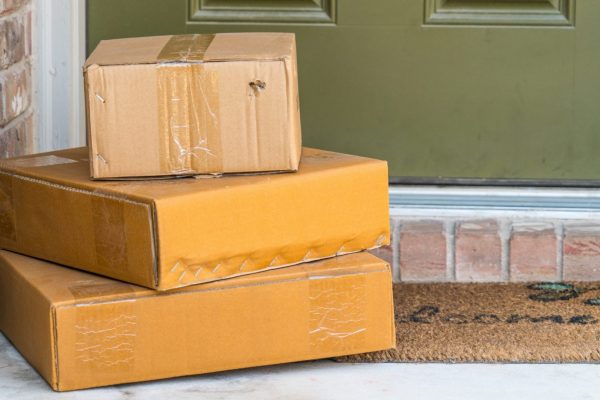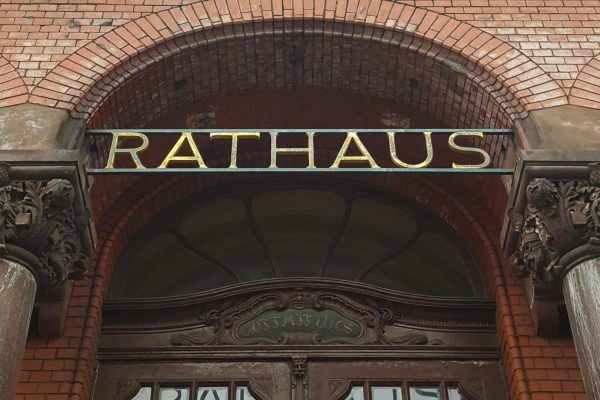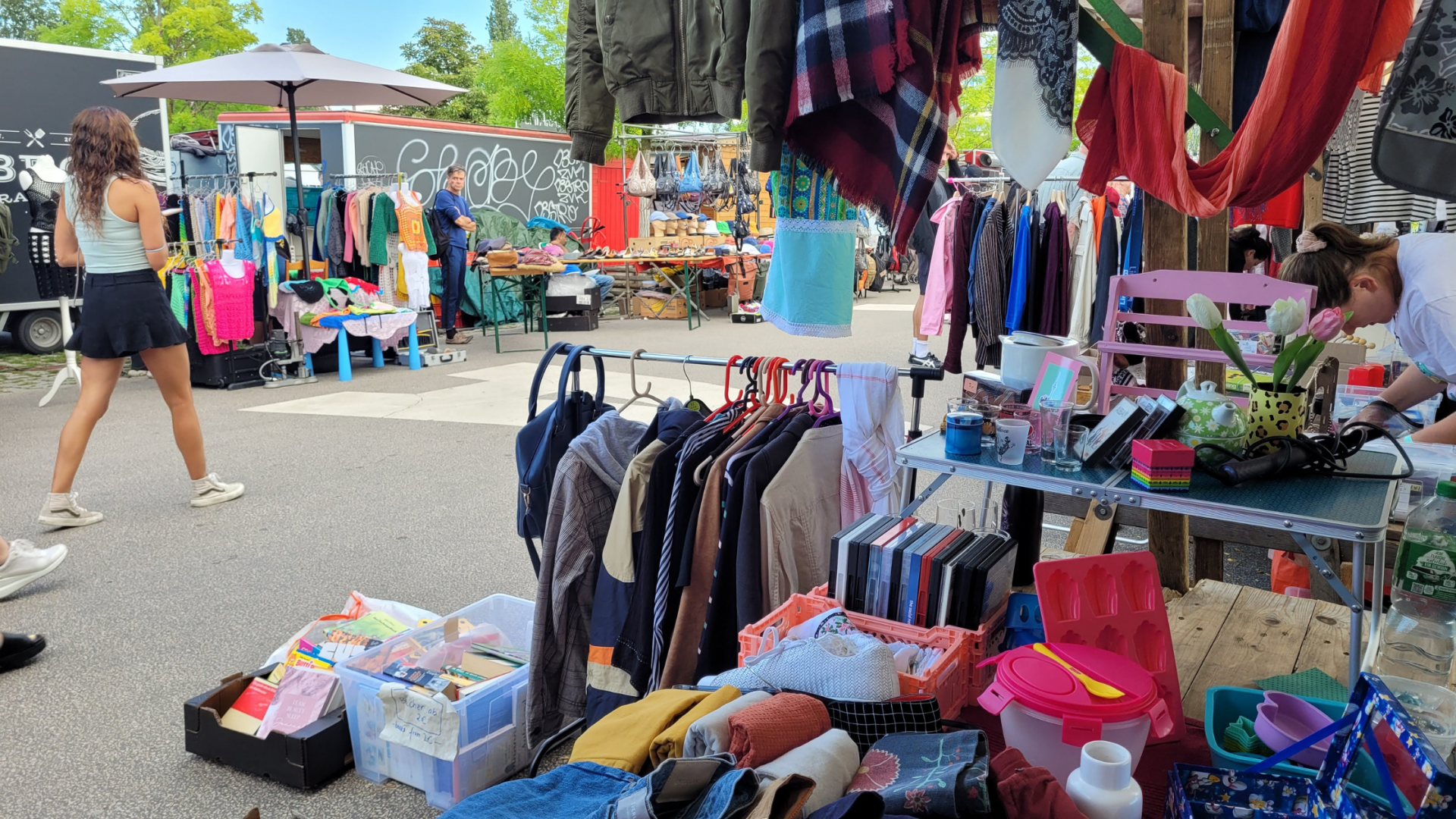Picture this: You’re standing in a German supermarket, holding an oddly crumpled receipt that says “Pfand,” completely baffled. Is this a fine? A secret tax? Did you unknowingly break some unspoken German law? The answer is no, my fellow expat—you’ve just stumbled upon the Pfand system, one of Germany’s most ingenious ways of encouraging recycling.
Pfand is a refundable deposit added to the price of beverages sold in bottles or cans. The idea is simple: you pay a small fee upfront, return the empty container, and get your money back. Think of it as Germany’s way of saying, “Recycle and we’ll reward you.” If it seems confusing at first, don’t worry—you’re not alone! By the time you finish this guide, you’ll know exactly what Pfand is, how to return your bottles, and even a few tricks to make the system work in your favor. Let’s dive in and unravel the mystery together!

1. What is Pfand?
The word Pfand literally means “deposit” in German. When you buy bottled or canned drinks, a small amount is added to the price as a deposit, which is refunded when you return the container. Think of it as a little nudge to encourage recycling and reduce waste.
The system dates back to the early 2000s when Germany introduced it as part of its effort to reduce waste and boost recycling. Today, it’s considered one of the most effective systems of its kind, with Germany recycling around 98% of its beverage containers. That’s right—98%! So every time you return a bottle, you’re not just getting a bit of cash back; you’re helping the environment too.
2. The Costs: 8 Cents vs 25 Cents
Not all bottles and cans are created equal in the world of Pfand. The amount you pay depends on whether the container is reusable (Mehrweg) or single-use (Einweg), and this can be a little tricky to figure out at first.
- 8 cents: This lower deposit applies to reusable glass bottles and some reusable (hard) plastic bottles. You’ll typically find these with drinks like beer, sparkling water, and certain soft drinks. These containers are designed to be cleaned, refilled, and reused multiple times before being recycled.
- 25 cents: Single-use containers, such as plastic bottles and cans, come with a higher deposit of 25 cents. These containers are shredded and recycled after use, which requires more resources. You’ll often see this rate on bottled water, sodas, and energy drinks.
Why the difference in cost? It all boils down to sustainability. Reusable bottles have a lower environmental impact, so the system incentivizes their use with a smaller deposit.
Here’s a fun fact for beer lovers: if you buy a whole crate of beer, you’ll pay Pfand on every single bottle and the crate itself. But don’t worry—you’ll get it all back when you return the empties and the crate together. Just make sure you don’t misplace the crate or individual bottles, or you’ll be out a few extra euros!
3. How to Return Your Bottles
Once you’ve collected a stash of empty bottles and cans, it’s time to return them and cash in!
Here’s how to do it:
Step 1: Collect your empties.
Start a “Pfand stash” at home. This could be a bag, a box, or even an entire corner of your kitchen. Keep an eye out for the Pfand logo (usually a circular arrow symbol) on bottles and cans to identify which ones are refundable.
Step 2: Head to a supermarket.
Most supermarkets in Germany have a Pfandautomat—a bottle return machine—near the entrance or in a side room. Look for a sign that says “Leergutannahme” (empty bottle return). Some stores even have multiple machines to handle high demand.
Step 3: Use the machine.
Insert your cans and bottles one at a time, with the barcode facing up. The machine will scan each one, check it against its system, and add the deposit to your total.
If the machine rejects a bottle, scan some others first and then return to the little rebel. If it still doesn’t work, it could be because the barcode is missing, the bottle is too damaged, or it wasn’t purchased in Germany.
Step 4: Redeem your receipt.
Once you’ve fed all your bottles into the machine, press the green button to print a receipt. Some machines also have a button dedicated to donating your Pfand (“spenden”).
Take the receipt to the checkout to redeem your deposit. You can either subtract the amount from your grocery bill or get it back in cash. Congratulations—you’ve just conquered the Pfandautomat!

4. Tips & Tricks for a Smoother Pfand Experience
Mastering the Pfand system doesn’t just make your life easier—it can even be fun (yes, really). Here are some insider tips to help you get the most out of it:
- Check for the Pfand logo. Not all bottles and cans are refundable, especially imported ones. Before you buy, look for the circular arrow symbol to avoid disappointment later.
- Avoid peak hours. Pfandautomaten can get busy, especially on weekends or evenings. If you want to avoid a queue, aim to return your bottles during quieter times, like weekday mornings.
- Use a designated Pfand bag or box. Keeping your refundable bottles separate from other recyclables makes it easy to grab and go. A Pfand bag like this* has plenty of room.
- Donate your Pfand. Many supermarkets have donation boxes near the machines. You can also hand your bottles to collectors (Pfandsammler:innen) who often rely on this as a source of income. It’s a simple way to give back to the community. When on the go, consider putting your empty bottles on the floor under the trash bins oder beside them so collectors don’t get hurt trying to fish them out of the bins.
5. Fun and Quirky Things to Know
The Pfand system is more than just a recycling program—it’s a cultural phenomenon. Here are some fun facts and quirks to make you appreciate it even more:
- Not everything has Pfand. Juice bottles, wine bottles, and some imported beverages aren’t part of the system. These go into your regular recycling bins at home.
- Festival treasure hunts. At events like Oktoberfest, it’s common to see people collecting discarded bottles and cans for the Pfand deposit. It’s practically a sport, with some folks making serious cash during big events!
- Recycling as a cultural value. Germany’s love for Ordnung (order) and Umweltbewusstsein (environmental awareness) shines through in the Pfand system. It’s not just about getting your deposit back—it’s about being part of a nationwide effort to protect the planet.
6. Common Expats’ Questions Answered
Q: What if I bought the bottle in another city?
A: No problem! Pfand works nationwide, as long as the store accepts the type of bottle or can.
Q: Can I return crushed bottles?
A: Yes, but the barcode needs to be intact and readable for the machine to accept them.
Q: What happens to the bottles after I return them?
A: Reusable bottles are cleaned, sterilized, and refilled, while single-use containers are shredded and recycled into new materials. Either way, you’re helping the environment!
Conclusion
The Pfand system might feel a bit strange at first, but it’s actually a fantastic way to stay environmentally conscious while earning back a bit of cash. So, the next time you finish a drink, don’t toss the bottle—add it to your Pfand stash and feel good knowing you’re contributing to one of the world’s best recycling systems. Your future self (and the environment) will thank you!
Now go forth and embrace the Pfandautomat like a pro. Who knows—you might even find yourself enjoying it! Cheers to your recycling adventures!
Now that you’ve conquered the Pfandautomat, how about moving on to the postal system in Germany or the Packstation in particular? Learn more about how you can easily receive and send packages with it!
Are you traveling to or from Germany?
Get your eSIM via Saily* to have unlimited data while on the road and check out NordVPN* to stay protected online or watch your Netflix shows available in your home country. 😉
*Affiliate link: I get a commission if you decide to make a purchase through my links, at no additional cost to you. 🙂



